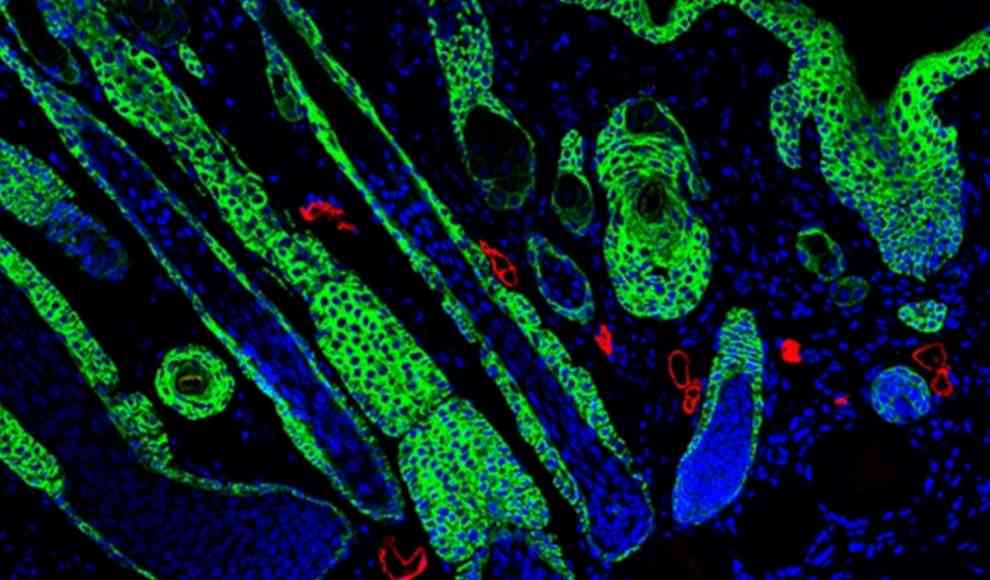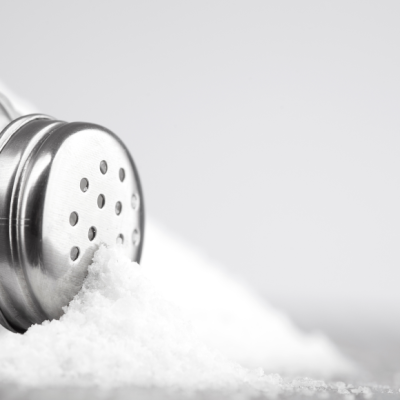A new wound gel has been developed that activates the immune system and accelerates the healing of skin injuries. This medication could potentially prevent scarring in the future, particularly in cases of burns or cuts. While minor skin injuries typically heal without scarring, larger wounds often result in the formation of scar tissue due to the additional tissue that aids in wound closure. This new healing process can be accelerated through the use of a polymer foam that facilitates cell growth with its fine structure. Researchers at Duke University have taken a similar approach in the past, developing a hydrogel to improve wound healing. According to a study published in the journal Nature Materials, Duke University scientists, in collaboration with researchers from the University of California, have discovered that the hydrogel’s effectiveness can be enhanced by substances that activate the immune system, thereby accelerating the natural regeneration of skin tissue.
Originally, the hydrogel was intended to be improved by slowing down the breakdown of the artificial scaffold structure. To achieve this, the scientists replaced some of the gel’s cross-linking peptides made up of L-amino acids with peptides that have a mirror-image molecular form of the respective D-amino acids. The goal was to delay enzymatic degradation. However, animal testing on mice showed that the modified gel had the opposite effect. Instead of slowing down the breakdown of the scaffold substance, it was accelerated. At the same time, skin regeneration improved, resulting in stretchable skin with hair instead of typical scar tissue. Further investigations revealed that this unexpected effect was triggered by the foreign D-amino acids, which activate immune cells. As a result, the immune system breaks down the gel substance more quickly, allowing normal skin to form instead of scar tissue.
Tatiana Segura of the University of California finds it fascinating that materials can be created that support tissue regeneration by directly interacting with the immune system. The researchers now plan to develop new wound gels that stimulate immune reactions through specific substances to accelerate wound healing. In the future, these medications could provide more effective treatment for burns, cuts, and ulcers.










